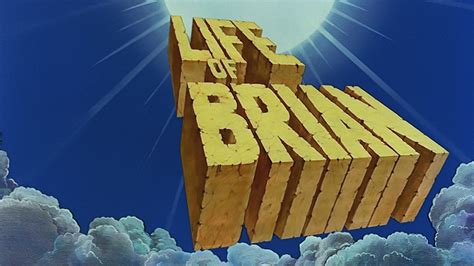I recall, 20 or so years ago, how stunned I was when I first saw the conclusion of Monty Python’s Life of Brian. A clever film which is ultimately more about people than anything else, it tells the story of Brian, a Jewish revolutionary, who endures a remarkable amount of (often hilarious) misfortune.
The film famously concludes with a scene in which Brian finds himself unwillingly nailed to a cross and (against his will) reduced to a symbol. Everything about the circumstance is unjust, not to mention ridiculous.
Login to read more
Sign in or create a free account to access Subscriber-only content.
